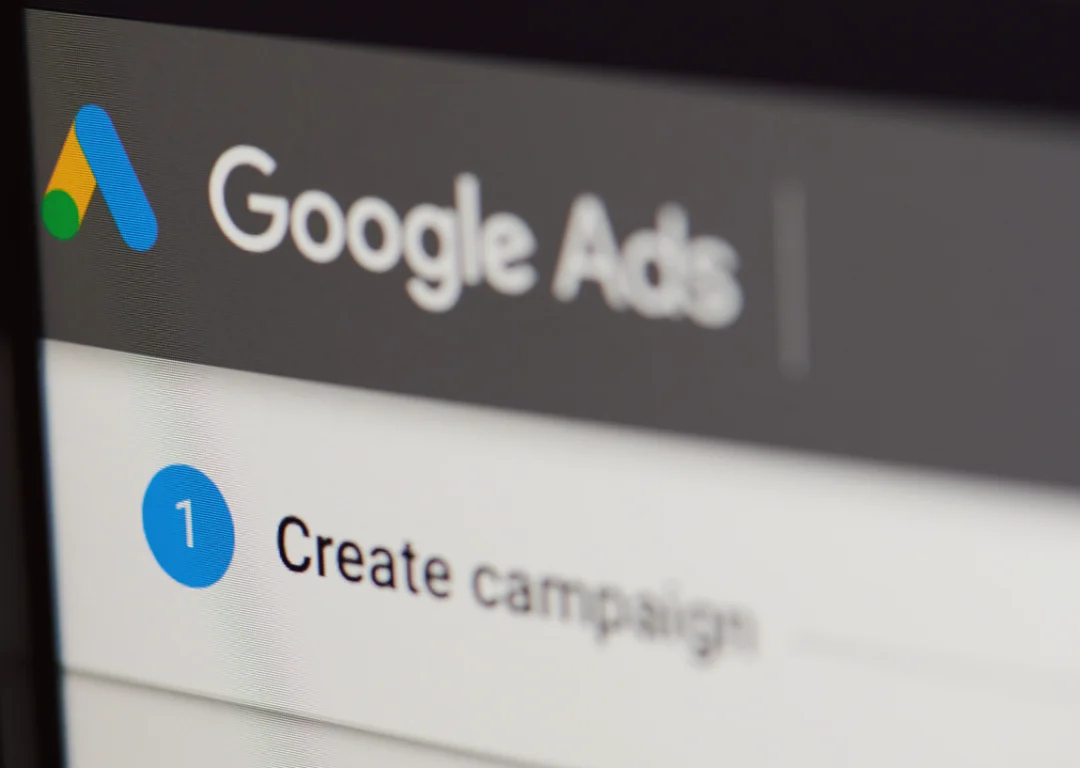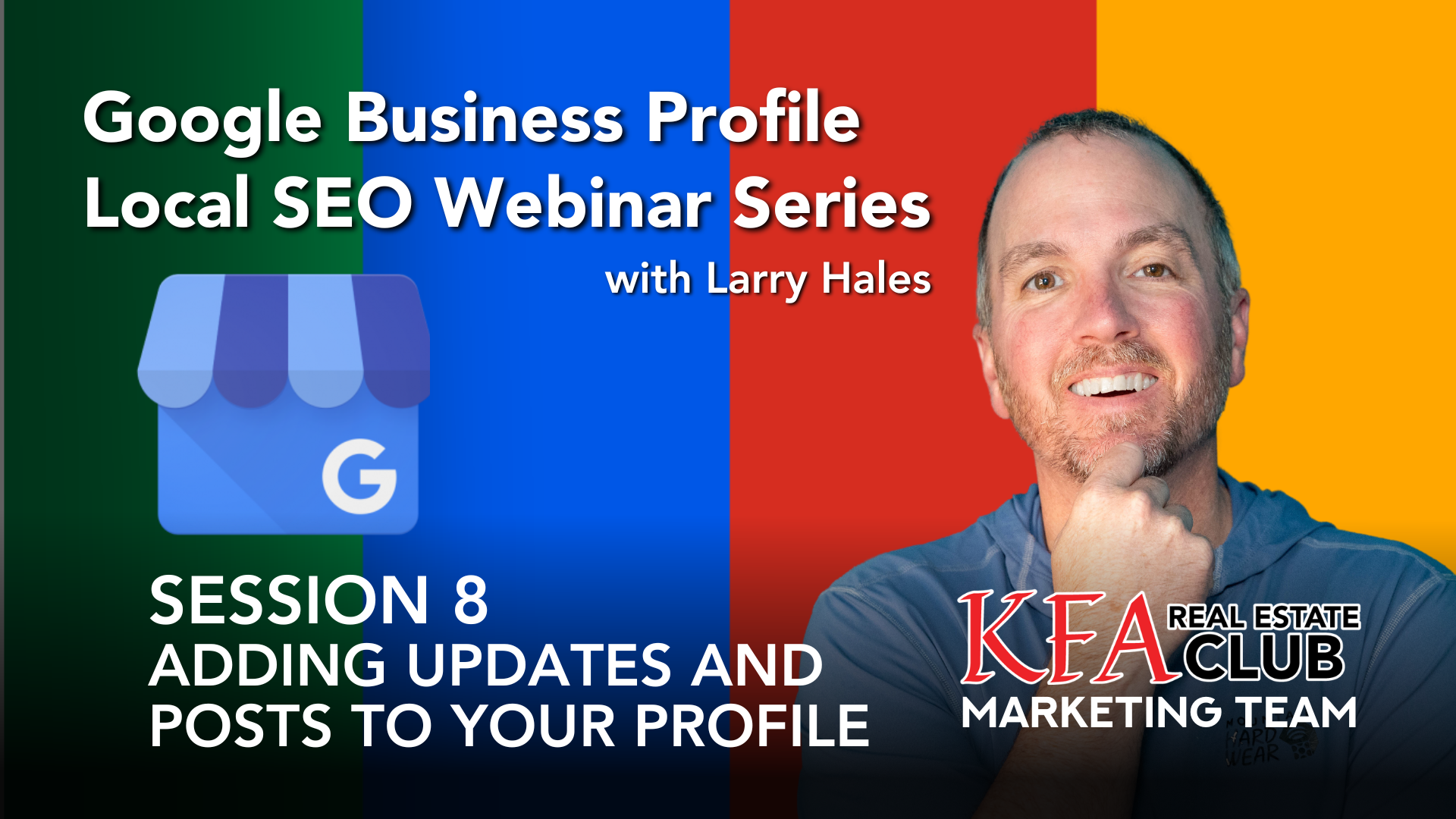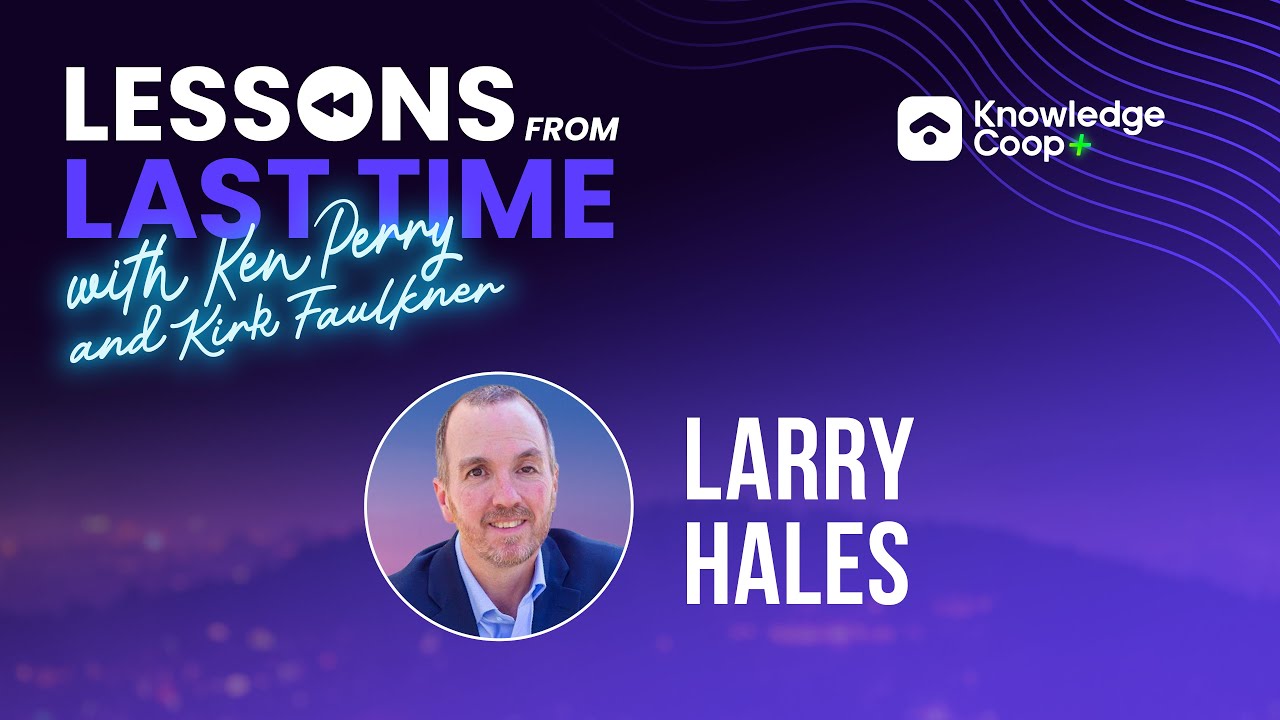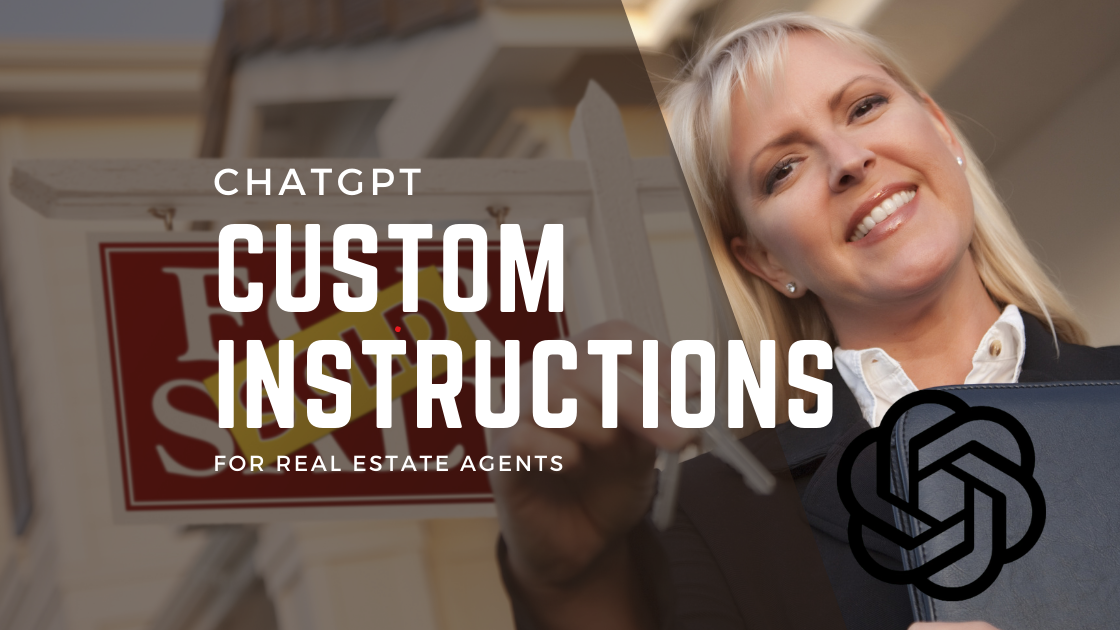Introduction to Real Estate Online Advertising
If you’re in real estate and you haven’t been taking advantage of Google and Facebook Ads, it’s high time you do. In this episode, we’ll an overview of the two big titans, Google and Facebook Ads.
Google Ads
First, let’s get the why out of the way. Google Ads are like having a billboard on the world’s busiest highway. We’re talking about 3.5 billion searches per day, people! Imagine having your listing show up for someone who just typed “best homes in [Your Area].” You’d have to really try to mess that golden opportunity up.
- Keywords: Now listen up because this is crucial: Keywords are your bread and butter. This is the language your prospective clients are speaking, so you better get fluent, fast. Use Google Keyword Planner or similar tools to find the search terms that could lead potential clients straight to your doorstep.
- Copy: Got your keywords? Great. Now let’s create some ad copy that’s so compelling, people won’t just click on it—they’ll tell their friends to click on it. Your headlines should be catchy but professional, and your description should build on that momentum. Got something special that sets you apart? This is your moment to shine.
- The Landing Page: Your ad’s job is to get clicks; your landing page’s job is to convert those clicks into leads. Make sure the landing page aligns with the promises made in your ad copy. Keep it sleek, clean, and laser-focused on a call-to-action like a contact form or a phone call.
- Measure, Optimize, Repeat: You’re not going to nail this on the first try, and that’s perfectly fine! Google Ads come with analytics so robust you’ll feel like a kid in a candy store. Use that data to refine your strategy, tweak your keywords, or overhaul your landing page. The point is to keep improving.
The Pitfalls
Alright, let’s not get too carried away. Google Ads are amazing, but they’re not without their pitfalls. First, it’s easy to burn through your budget if you’re not careful with your keyword bidding. You don’t want to be the highest bidder for a term that’s too broad and attracts clicks that don’t convert. Secondly, if your ad copy promises something that your landing page doesn’t deliver, not only will you lose potential leads, but you might also damage your reputation. And lastly, Google Ads require continuous monitoring and tweaking. This is not a “set it and forget it” tool. Keep an eye on your metrics and be prepared to adjust.
Facebook Ads
Facebook is not just for birthday wishes and cute pet videos anymore—it’s a goldmine for anyone looking to elevate their real estate business. Let’s dig into why you should be all over Facebook Ads, like yesterday. Facebook has 2.8 billion monthly active users. That’s right; we’re talking billions with a “B.” Your potential clients are scrolling through their feeds as we speak. So, why shouldn’t your listings be what they stumble upon?
- Target Your Audience: Here’s where things get really juicy. Facebook’s targeting options are the stuff of a marketer’s dream. Want to target newlyweds looking to buy their first home in a specific zip code? You got it. How about people who’ve recently browsed home and garden websites? Done. The level of granularity you can achieve is just mind-blowing.
- Be Creative: Listen, no one’s stopping their endless scrolling for a dull image or a lousy headline. You need to grab attention. Use high-quality images of your properties, throw in a 360-degree video tour, or even a drone shot if it’s a particularly swanky place. The more engaging your creative, the better.
- Craft Winning Ad Copy: Okay, so you’ve got their attention with some snazzy visuals. Now what? Now, my friends, you lure them in with irresistible ad copy. Share unique features of the property, talk about why the neighborhood is a hidden gem, or highlight your own unbeatable offer. Make it impossible for them NOT to click.
- The Follow-Up: So you’ve got these fantastic leads. Great! What’s your next move? If you don’t have an automated system in place to follow up with inquiries, you’re basically tossing those leads into a black hole. Use Facebook’s built-in tools like lead forms or integrate with your CRM system to make sure no lead falls through the cracks.
- Retarget: Ever browse for a pair of shoes and then see them follow you around the internet? That’s retargeting, and it’s not just for online shopping. Use Facebook’s retargeting features to remind that potential client of the amazing property they were just looking at. It’s like giving them a gentle nudge to make the decision.
The Pitfalls
While Facebook Ads offer real estate agents a wealth of opportunities, there are pitfalls to navigate. The platform’s frequent algorithm changes can significantly affect your campaign’s performance without warning. Moreover, the ad space is crowded; poorly designed or targeted ads can end up being an expense rather than an investment. The risk of ad fatigue—where your target audience becomes so accustomed to your ads that they stop engaging—is also higher on Facebook due to the platform’s social nature. Lastly, while Facebook provides robust analytics, interpreting that data can be challenging. Inaccurate interpretation can lead to misguided strategies, potentially draining your ad budget with little to show for it.
Lead Management
Once you’ve generated leads, managing them effectively becomes crucial. The following are the basics to manage your leads
- The Role of CRM: A CRM (Customer Relations Management) system is indispensable for tracking interactions and updates with potential clients in real-time. It enables quick response rates and makes leads feel valued, which is key for conversions. Examples of CRMS designed for real estate agents include: Zillow Premier Agent, Top Producer, and Follow up Boss.
- Segmentation for Personalization: Divide your leads into segments based on criteria like location or property type. Use automated workflows in your CRM to send personalized follow-ups, increasing engagement and sales opportunities.
- Swift Actions for Hot Leads: Time is of the essence. Your CRM should notify you for immediate follow-up actions. Quick responses can significantly improve your conversion rates.
- Nurturing Through Sales Funnel: Identify where each lead is in the buying process and tailor your communication accordingly. Each interaction should move the lead closer to making a purchase decision.
- Analytics for Improvement: Utilize your CRM’s analytics to gauge the effectiveness of your lead management. Monitor key performance indicators (KPIs) and adjust your strategies as needed.
- Preventing Lead Decay: Regularly update your lead list to remove or re-engage stale leads, ensuring you focus your efforts where they are most likely to result in conversions.
Google Ads and Facebook Ads each offer unique advantages that can help you dominate your local real estate market. Effective lead management—facilitated by a reliable CRM—is vital for maximizing the returns on your advertising spend. . If you feel like you need help in implementing online ads, see our episode on Real Estate Digital Marketing Consultants 101.
About the Author

Larry Hales is a seasoned and multi-faceted technology professional. His passion all-things tech began with his first computer in 1984 and it has stayed with him ever since. Larry is the CEO and Co-Founder of MarketingHero. Previously, he served as the Marketing Technology Director at West, Williston Financial Group Company, where he coaches and guides Real Estate Agents on how to better leverage technology in their business. His 25 years of photography, design and printing, combined with his knowledge of digital advertising and brand building, gives him a unique perspective of marketing from different angles. When he isn’t busy being a proud computer geek, Larry enjoys trail running, hiking, mountaineering, rock and ice climbing, and anything else that gets him outside.






